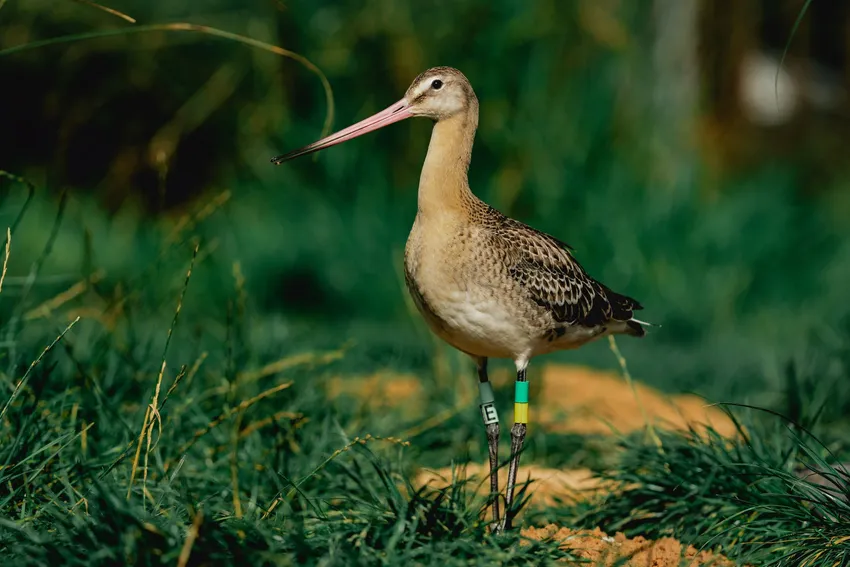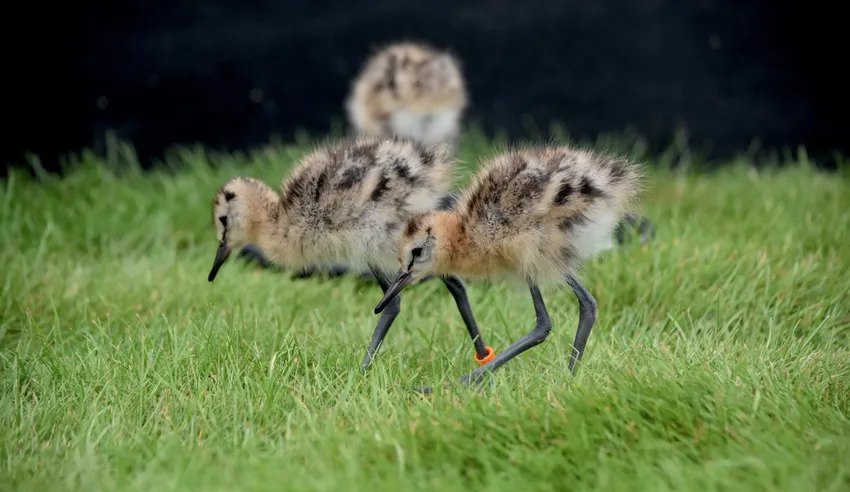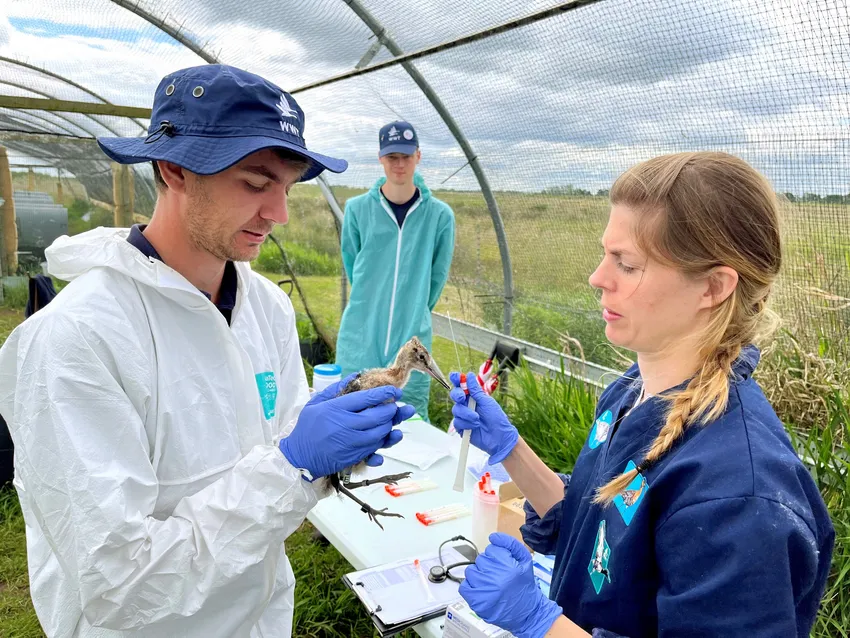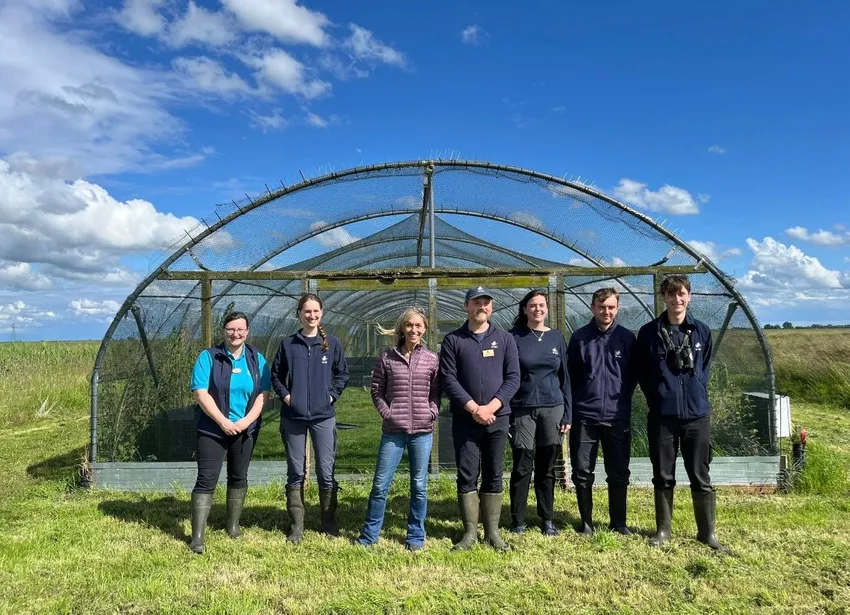The clock is ticking for Britain’s black-tailed godwits. There are just 50 breeding pairs left in the UK. At this rate, these spectacular wading birds could be heading for extinction as soon as 2050 – within just one generation. But we have a plan to save them.
Categories
Beneficiaries
Situation
Massive draining of our wetland habitats has left black-tailed godwits with fewer places to breed. In the UK there are just two main breeding sites – the Ouse and Nene Washes. And climate change is wreaking havoc in both places. Heavy rains that historically fell in winter are continuing into spring and leaving habitats completely submerged for much longer. As a result, godwits have started nesting in unsuitable places nearby. But this leaves their eggs and young vulnerable to predators.
Solution
This year, we began raising black-tailed godwit chicks at WWT Welney. Some of the birds were released. Others were taken to WWT Slimbridge to launch our conservation breeding programme. Once the birds we’re nurturing reach maturity and mate, we’ll collect their eggs and take them to chickrearing hubs we plan to set up at wetlands nationwide. Godwits return to the same place each year to breed. We hope that if we rear and release godwits at wetlands around these hubs, they will return to breed.



